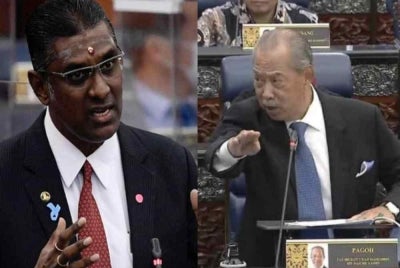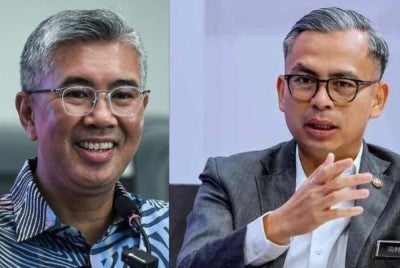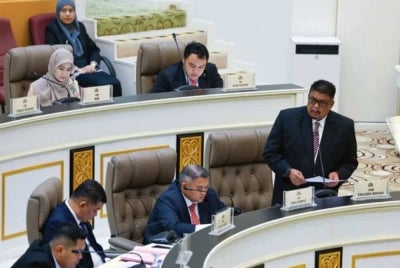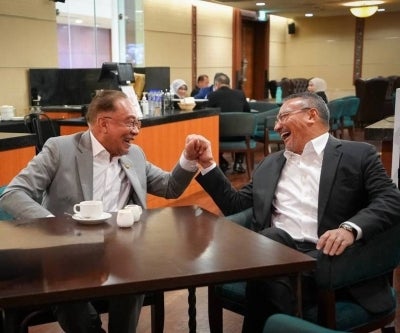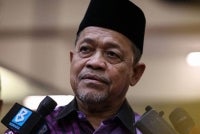Muhyiddin’s ex-private secretary claims EMGC study deviated
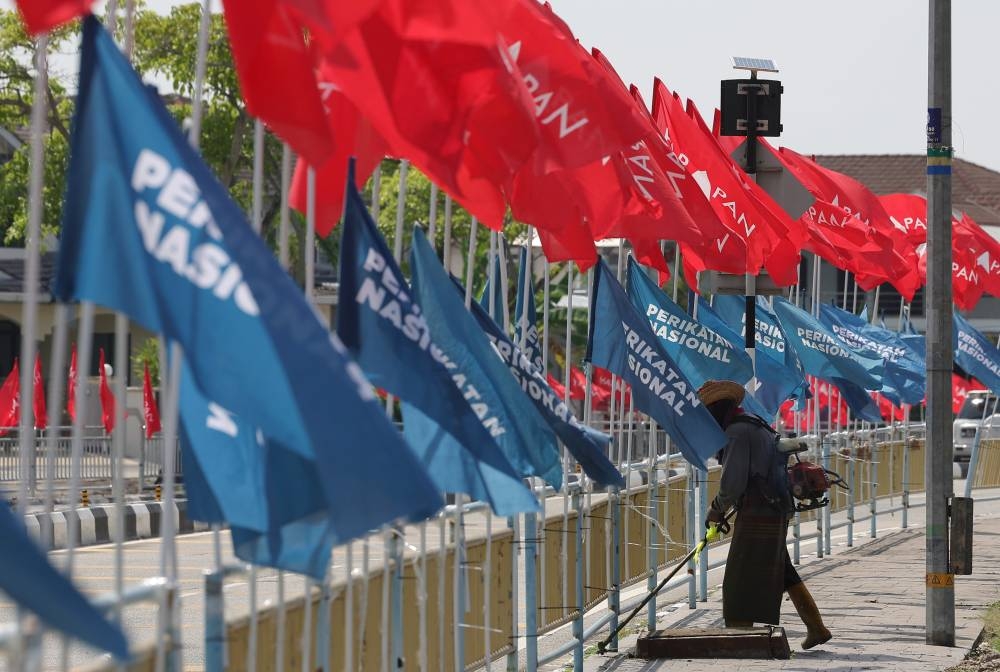
KUALA LUMPUR - The Endeavour-MGC (EMGC) study on the sentiments of voters in marginal constituencies in Selangor, which appears to favour Pakatan Harapan (PH), is seen to have two major weaknesses, says Datuk Marzuki Mohamad, former private secretary to former prime minister Tan Sri Muhyiddin Yassin.
Marzuki, who is also an Associate Professor in the Department of Political Science at the International Islamic University said the study has issues with the sampling of respondents and the claim that 52 per cent of Malay voters supported PH in the 15th General Election (GE15) in 2022.
He alleged that the sampling conducted by EMGC was biased, leading to the overall findings of the study being skewed.
"This study revealed that 52 per cent of Malay respondents in this study voted for PH in GE15 in Selangor. However, the actual data analysis of the results of GE15 in Selangor shows that only 24 per cent of Malay voters in Selangor voted for PH.
"When 52 per cent of the respondents in this survey are PH voters, it is no surprise that the answers to the questions in this survey are more inclined to support PH," he added.
Marzuki said if it was true that 52 per cent of Malay voters supported PH in GE15 in Selangor, then PH should have won all the parliamentary seats in Selangor in GE15.
However, he said the fact was that Perikatan Nasional (PN) won six Malay-majority seats in Selangor in that election.
He added that the survey's ability to capture 100 per cent of respondents' party choices was a situation that was extraordinary.
"In all my experience involved in conducting opinion polls since 2008, I have never come across any study that can capture 100 per cent of respondents' party choices. There will be about 30 - 40 per cent of respondents who answer 'don't know,' 'uncertain,' 'vote is secret,' or refused to answer.
"Sometimes, even until the last day of the campaign, there are still respondents who do not disclose which party they will vote for. This does not mean they have failed to make a choice. Most of them have made a choice but choose not to reveal it," he said.
Meanwhile, the Director of Research and Analysis at EMGC, Selan Rajendran said that the organisation remained an independent research body and the sampling was based on stratified random sampling and it did not focus on any group with political tendencies.
"EMGC is independent and not biased towards any party. The purpose of this survey is to understand the people's opinions. It is our responsibility as a pollster or research body to remain transparent about our process and analysis.
"So, the level of support we reported in this study is based on what the respondents stated. If it appears to favour a certain party, it does not mean that we conducted the survey with a specific group. It is a stratified random sampling. If it seems to favour a certain party, it does not mean it is biased," he added.
Selan said this study was conducted between July 22 to 28, before the candidate nomination date was set by the Election Commission.
He said that there might be changes to the EMGC findings, depending on the campaigns conducted by the major party alliances. - AWANI
Download Sinar Daily application.Click Here!

